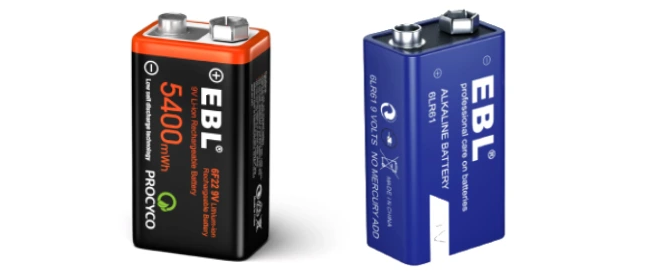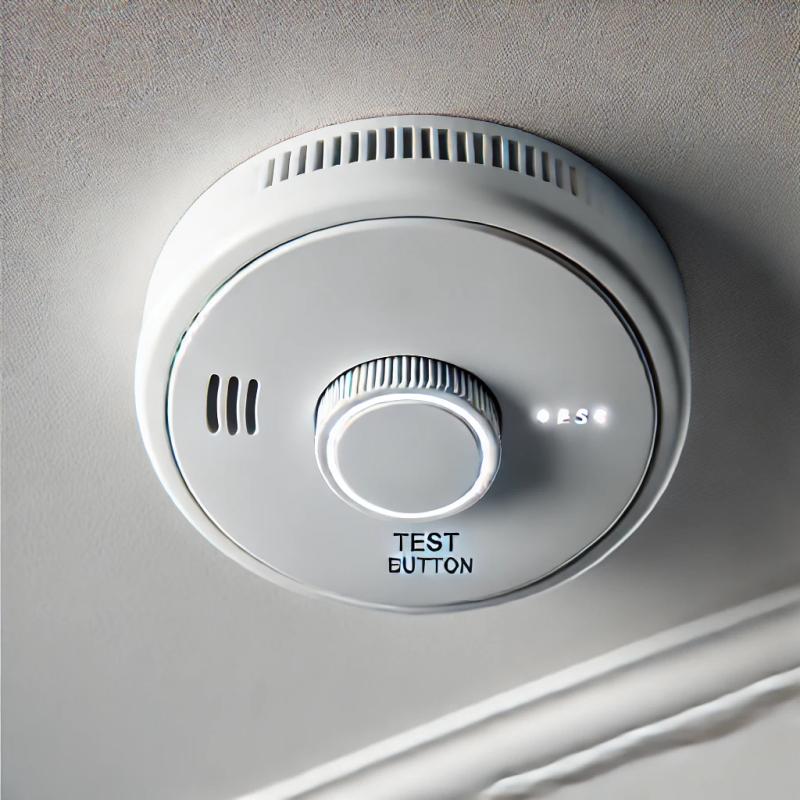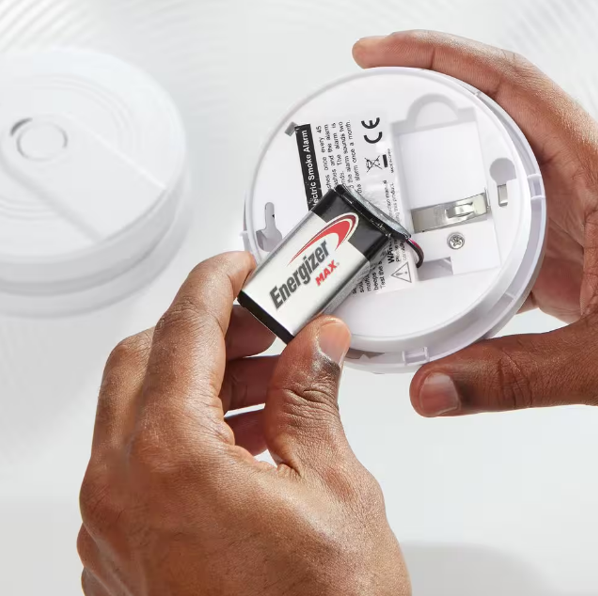Smoke detectors are essential safety devices, and the type of battery they use is critical for ensuring reliable operation. Around the world, smoke detectors are powered by several types of batteries, each offering unique benefits. This article explores the most common battery types in smoke detectors, their advantages, and recent European Union regulations designed to enhance fire safety in homes.
Common Types of Smoke Detector Batteries and Their Benefits
Alkaline Batteries (9V and AA)
Alkaline batteries have long been a standard choice for smoke detectors. While they generally need to be replaced every year, they are widely accessible and inexpensive. Benefits of alkaline batteries include affordability and ease of replacement, making them ideal for households that already perform annual smoke alarm maintenance.
Long-Life Lithium Batteries (9V and AA)
Lithium batteries last considerably longer than alkaline batteries, with a typical lifespan of up to five years. This reduces the need for frequent battery changes. Benefits of lithium batteries include greater reliability and durability, even in extreme temperatures. They’re ideal for areas that may be hard to reach or homes where regular maintenance could be overlooked.
Sealed 10-Year Lithium Batteries
The latest industry standard, particularly in the EU, is the sealed 10-year lithium battery. These batteries are non-removable and provide uninterrupted power for a full decade, at which point the entire smoke alarm unit is replaced. Benefits of 10-year lithium batteries include minimal maintenance, enhanced safety, and continuous power, reducing the risk of a detector failing due to a dead or missing battery.
European Union Regulations on Smoke Detector Batteries
The European Union has introduced regulations aimed at improving home fire safety by standardizing the use of smoke detectors with long-lasting, tamper-proof batteries. Under EU guidelines:
- Mandatory Long-Life Batteries: New smoke alarms must be equipped with either mains power or sealed 10-year lithium batteries. These sealed batteries prevent users from disabling or tampering with the device, ensuring continuous operation.
- Residential Requirements: Most EU countries require that all homes, rental properties, and social housing units have smoke alarms. Landlords are often required to install smoke detectors that comply with these regulations, especially those powered by mains or 10-year batteries.
- Certification Standards: All smoke detectors must meet specific EU safety standards, including reduced false alarms and enhanced performance, helping to ensure consistent and reliable protection.
These regulations make smoke alarms safer and more accessible across Europe, lowering the risks of fire-related injuries or fatalities.
Conclusion:
Choosing the right battery for your smoke detector is essential for ensuring safety, reliability, and convenience. While alkaline batteries are affordable, lithium batteries offer a longer lifespan, and 10-year sealed batteries provide reliable, worry-free protection. Through the EU’s recent regulations, millions of European homes now benefit from stricter fire safety standards, making smoke alarms a more reliable tool in the effort to prevent fires.
Post time: Nov-11-2024














